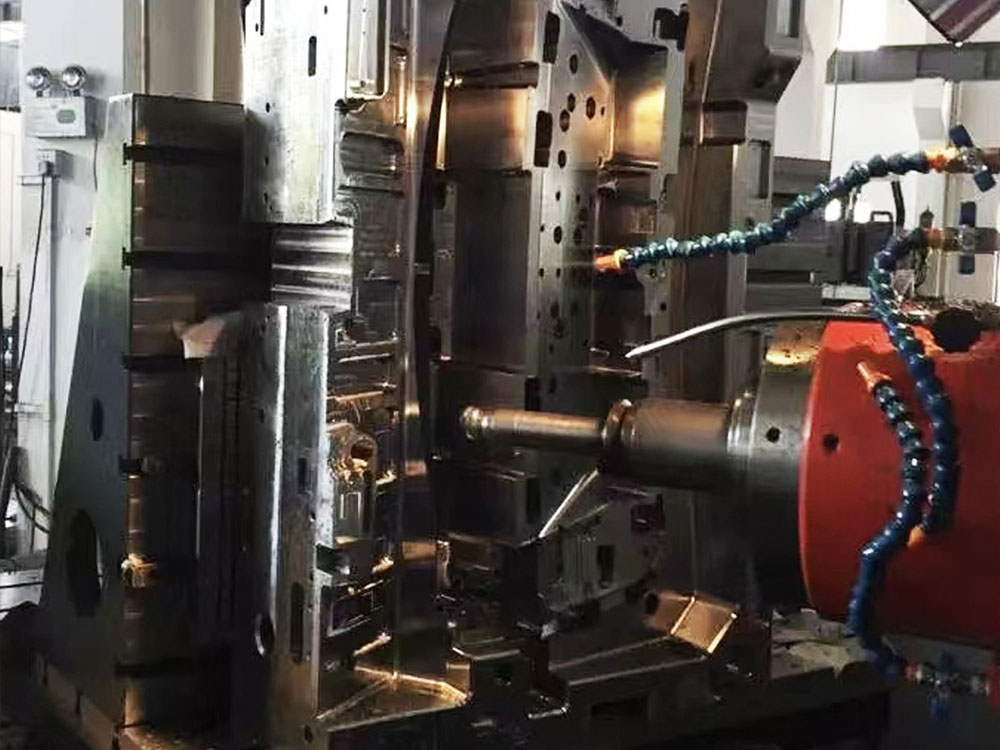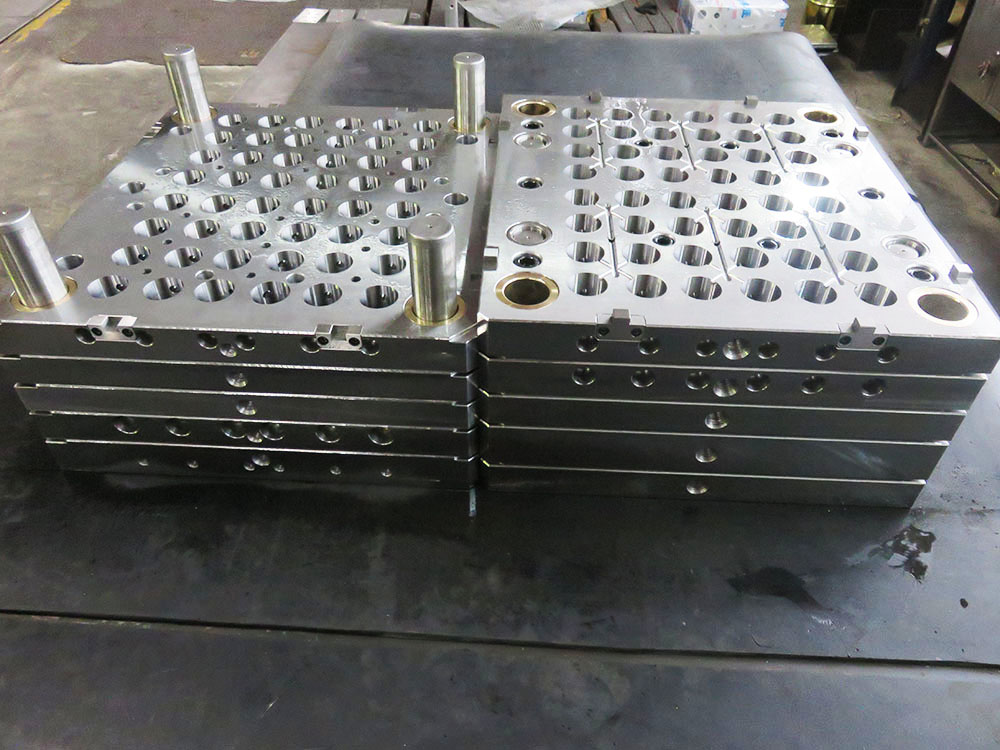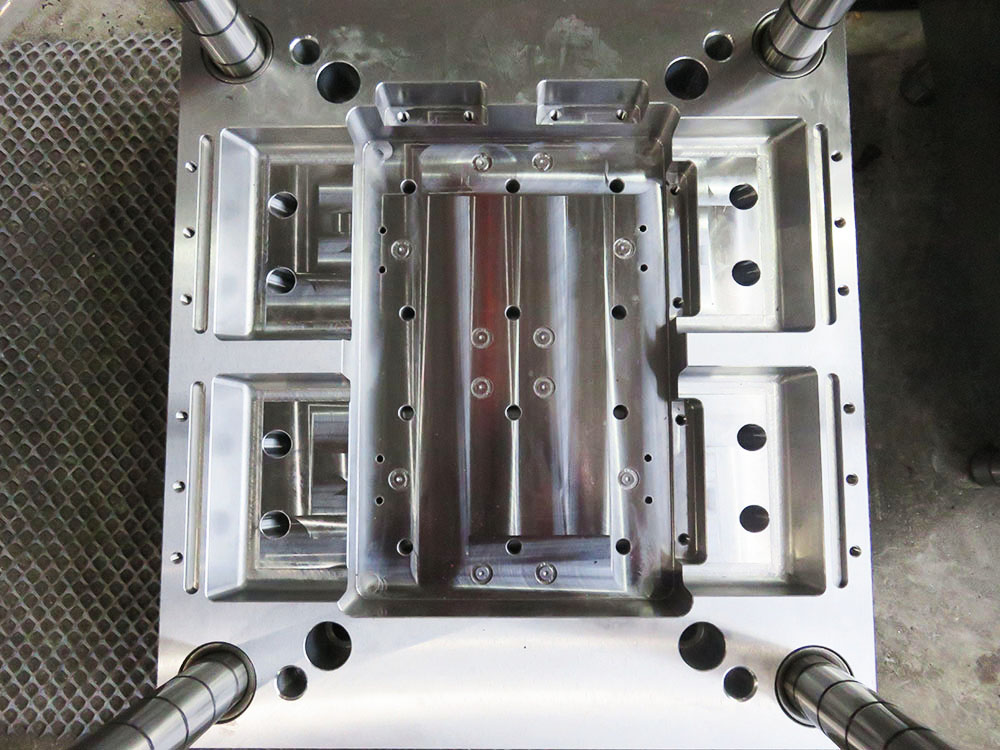Materials Used in Mold Base Construction
The mold base industry plays a crucial role in the manufacturing sector as it provides the foundation for creating quality products through injection molding processes. Mold bases are essential components in creating molds that are used to shape various products, ranging from automotive parts to consumer goods. In this article, we will explore the different materials commonly used in mold base construction.
Steel
Steel is the most widely used material in mold base construction due to its excellent durability, strength, and longevity. It offers good wear resistance and can withstand high temperatures and pressures. Common types of steel used include P20, H13, and 420 stainless steel. P20 steel is a versatile option suitable for a wide range of applications, while H13 steel is preferred for molds that require high heat resistance. 420 stainless steel is corrosion-resistant and commonly used in applications where molds are exposed to corrosive environments.
Aluminum
Aluminum is another popular material choice for mold base construction, primarily due to its light weight, high thermal conductivity, and excellent corrosion resistance. It is commonly used in low-volume production or prototyping applications. Aluminum molds allow for faster cooling times, which can result in quicker cycle times. However, aluminum is not as durable as steel and may not be suitable for high-volume production or applications requiring high pressure or temperature resistance.
Pre-hardened Steel
Pre-hardened steel is a type of steel that has already undergone heat treatment, resulting in improved hardness and wear resistance. This material is often used in mold base construction as it eliminates the need for additional heat treatment processes, saving time and cost. Pre-hardened steels such as P20HH and 4140PH are commonly used options in the industry.
Tool Steel
Tool steel is a specialized type of steel specifically designed for making tools or molds. It offers high hardness and abrasion resistance, making it suitable for demanding applications. Common types of tool steel used in mold base construction include D2, A2, and S7. D2 tool steel is known for its excellent wear resistance and is often used in high-volume production molds. A2 tool steel is preferred for applications requiring high toughness, while S7 tool steel offers good impact resistance.
Others
While steel and aluminum are the predominant materials used in mold base construction, there are other materials that may be used for specific applications. For example, beryllium copper can be used in molds where excellent thermal conductivity and resistance to corrosion are required. Nickel alloys and titanium are also utilized in some cases where extreme durability and resistance to high temperatures are necessary.
It is crucial to select the appropriate material for mold base construction based on the specific requirements of the intended application. Factors such as production volume, part complexity, temperature and pressure requirements, and desired mold lifespan should all be considered in determining the most suitable material.
In conclusion, the materials used in mold base construction play a significant role in determining the quality, durability, and performance of the molds. Steel and aluminum dominate the industry due to their respective advantages, but other materials may also be used for specialized applications. Choosing the right material is essential to ensure successful injection molding processes and the production of high-quality products.




